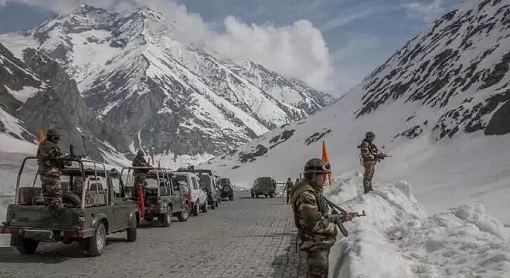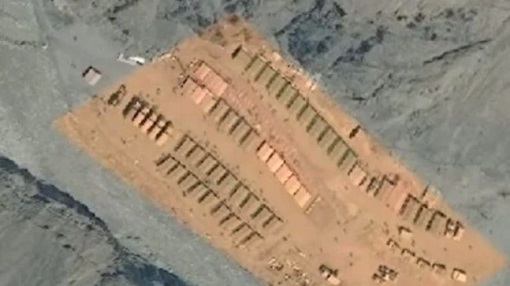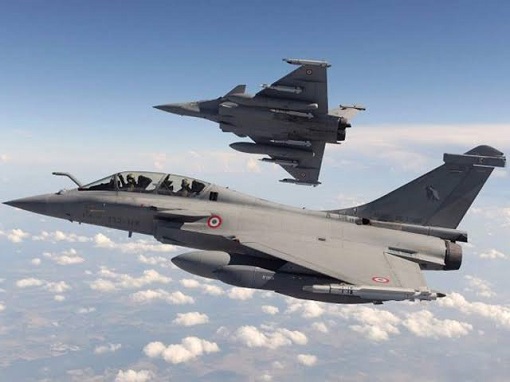New Delhi: – It has been agreed between India and China, during the military discussions, not to increase deployment in the areas near the Line of Actual Control (LAC). But an agreement could not be reached between the two countries regarding military withdrawal. It was also decided by the military officials from both the countries to hold more detailed discussions to create camaraderie on the LAC. This announcement was made in a joint statement issued after the Brigadier level talks between the two countries. A joint statement had been published in the past after the meeting of the Foreign Ministers of the two countries, but the tension on the LAC had increased instead of decreasing, after that.
Indications are being given by both the countries that the joint statement following the brigadier level talks is the first step towards reducing the tension on the LAC. But China demanded that the situation should be restored to pre 29th August conditions. This means that China is saying that India should give up control over the hills to the south of Pangong Tso lake. Whereas, India has conveyed to China that it expects the situation like the one before April. Therefore, China will have to withdraw from the LAC completely. India clarified during the talks that if China did not agree to the Indian demand, India too would not withdraw its military from the LAC.
Although there is a great difference of opinion on this issue, it was agreed during the brigadier talks, not to escalate the tension further with more deployments. Both the parties also concurred that the negotiations would proceed within the framework of the discussions, regarding the border dispute between Indian Prime Minister Narendra Modi and Chinese President Xi Jinping. Despite all this, looking at the huge deployments made by both the countries on the LAC, there are no chances of the tension diffusing for some time now. It is in Chinese interest to reduce deployment in this area as the Chinese soldiers are not prepared to stay there during the freezing winter. At the same time, it has become impossible for China to attain any of its objectives because of the massive Indian military deployments. Therefore, China has started speaking the language of reconciliation. But the former military officials are suggesting that keeping in mind that China will undoubtedly return, on the first available opportunity, India should maintain its military aggressiveness and maintain pressure on China.
India and China, both had made massive deployments on the LAC and delivered the message that they were prepared for war. But now, both the countries are providing a statement that they do not want war by agreeing not to make any more deployments. Long Shingchun, from the thinktank Chengdu Institute of World Affairs claimed that this was a positive development and expressed satisfaction over it. The change in the stand of China, who was reminding India of the defeat in the 1962 war, is noteworthy. The Chinese mistake in judging the Indian reaction following intrusion on the LAC is forcing it to a respectful withdrawal from the LAC.
But it is being revealed that China took too long to take this sensible decision, and in turn, incurred immense losses. China has been made to pay a heavy financial price by India for the betrayal and intrusion into the Indian territory. The Chinese claim that India will not be able to function without Chinese products also has been proved wrong by India. China had not imagined that after the vicious military reply, following the Galwan Valley attack, India will take harsh decisions like the ban on Chinese apps and companies. Therefore, China has had to pay a very dear price for the misadventure in the LAC.
Despite all this, the Chinese communist regime is desperately trying to portray a picture that China did not bow in front of the stern Indian stand. President Jinping has realised that if the message reaches the Chinese population, it will have detrimental effects. Therefore, the Indian statesmen are pointing out that the border dispute with India has become an issue of political prestige for President Jinping. Thus, senior statesmen are saying that India should not make the mistake of believing in China, under any circumstances.


















